The Institute for Early Music and Historical Performance Practice takes a passionate and historically informed approach to music from the Renaissance to the early Romantic period. The study program combines active chamber music and baroque orchestra life with a broad range of theory courses on historical performance practice. Students receive this practical and theoretical training from experienced and internationally active performers and researchers.
Lehrende
Teaching Staff

Balyan, Mikayel
Hammerklavier
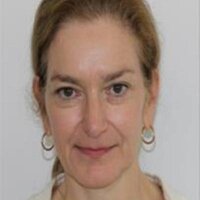
Black, Emma
Barockoboe
![[Translate to English:] (c) privat Coden, Enrico](/fileadmin/_processed_/6/1/csm_Enrico_Coden_1_0c49b05496.jpg)
Coden, Enrico
Universitätsassistent (PraeDoc) in historisch informierter Aufführungspraxis
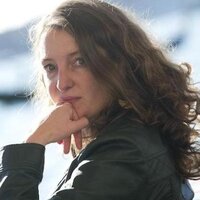
Dragosits, Anne Marie
Harpsichord

Feuersinger, Miriam Franziska
Historischer Gesang
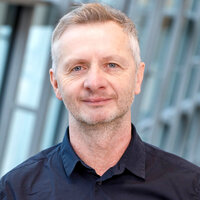
Gaisböck, Wolfgang
Historische Trompete
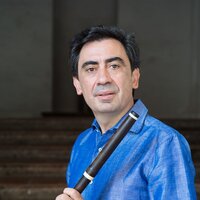
Gatti, Marcello
Traversflöte

Giesen, Matthias
Musiktheorie, Generalbass, Stilkunde/Aufführungspraxis

Januj, Anna
Historische Blöckflöten
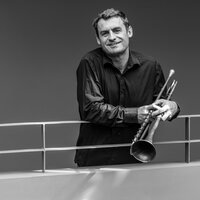
Landlinger, Franz
Historische Trompete

Laubhold, Lars-Edvard
Musikgeschichte, Quellenkunde und Instrumentenkunde

Máté, Balázs
Barockcello
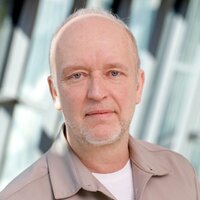
Nicklaus, Hans Georg
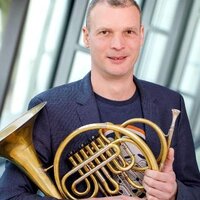
Obmann, Markus
Wienerhorn
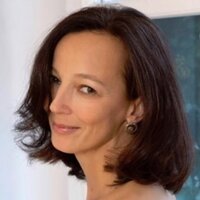
Oman, Martina
Korrepetition

Oman, Michael
Blockflöte

Urbanetz, Christoph Ludwig
Viola da Gamba
![[Translate to English:] (c) Maria Frodl Wiesbauer, Elisabeth](/fileadmin/_processed_/5/9/csm_C0A1731_hoch_1_9b13d070ae.jpg)
Wiesbauer, Elisabeth
Institutsdirektorin / Barockvioline / Barockviola / Euridice Barockorchester

Zell, Raimund
Stellvertretender Institutsdirektor / Horn
![[Translate to English:] © Wolfgang Ender](/fileadmin/_processed_/e/1/csm_DSCF6045_2480_3b0e3579da.jpg)